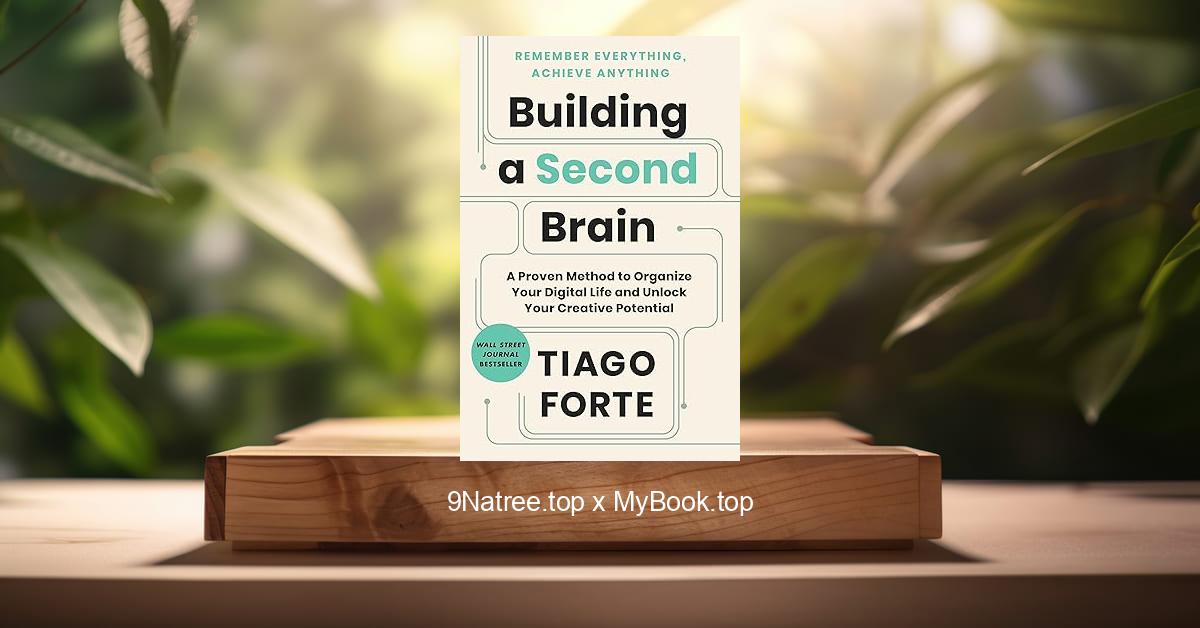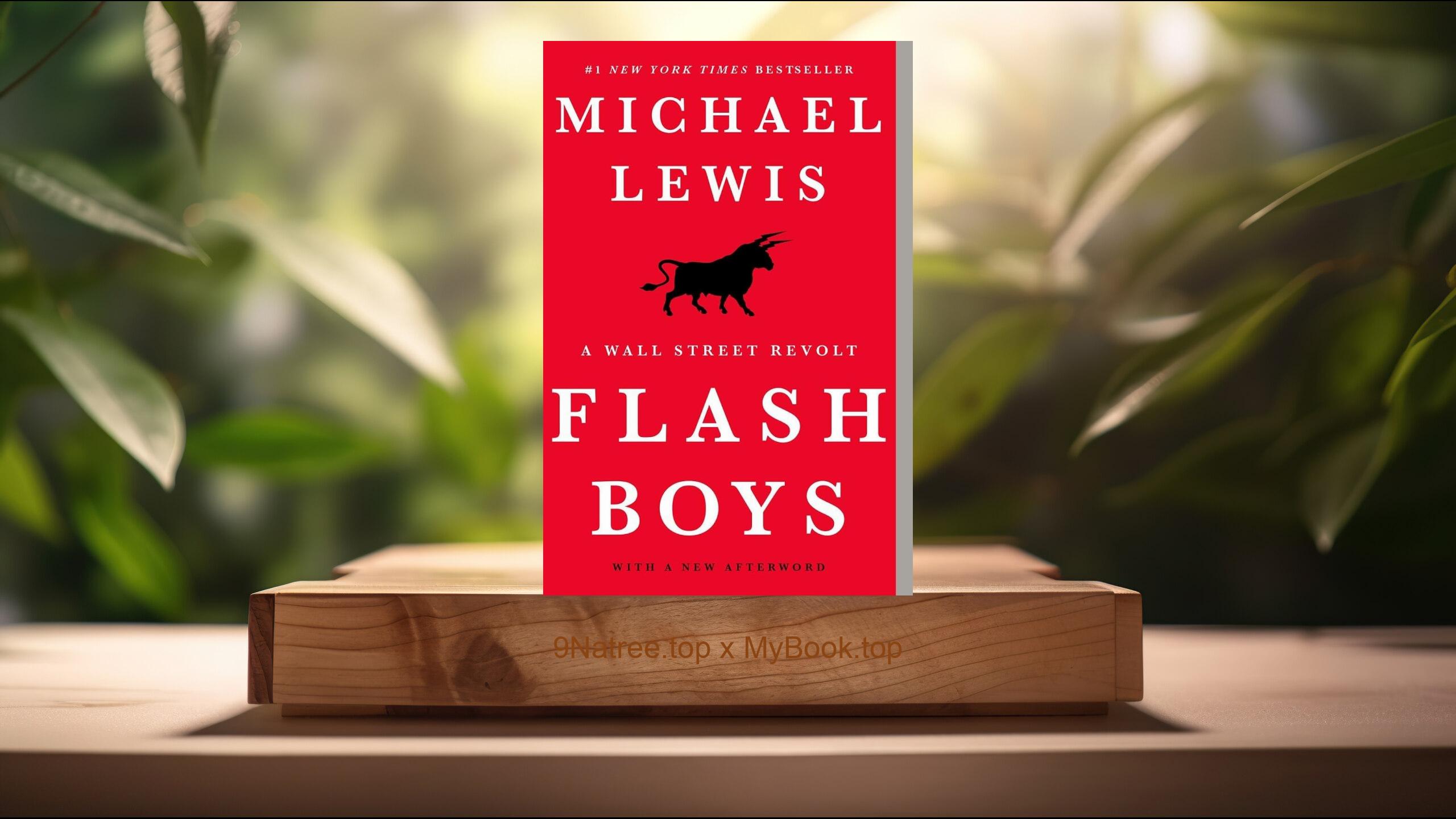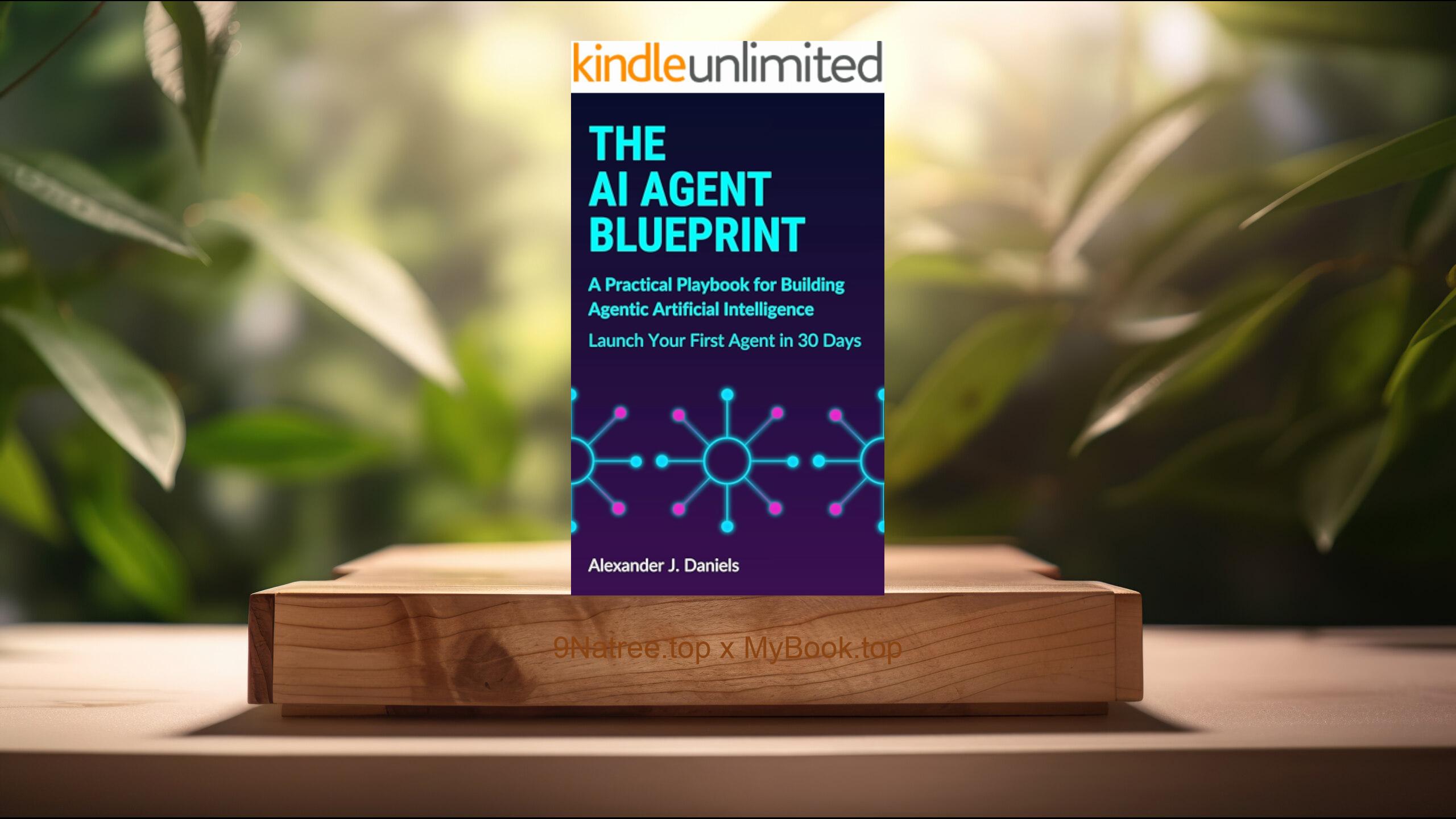Show Notes
Buy on Amazon: https://www.amazon.com/dp/B07N4C6LGR?tag=9natree-20
These are takeaways from this book.
Firstly, The Information Theory of Aging, One of the core topics Sinclair discusses is the 'Information Theory of Aging.' According to this theory, aging results from the loss of information within our cells, particularly in the epigenome. The epigenome, which controls how our genes are expressed without altering the DNA itself, can be thought of as the software that operates our genetic hardware. Sinclair argues that as we age, environmental factors, lifestyle choices, and even the process of cell division can lead to 'epigenetic noise,' which disrupts the functioning of our genes. Over time, this contributes to the decline associated with aging. Sinclair suggests that if we can develop methods to reset this epigenetic information back to a youthful state, we could theoretically halt or reverse the aging process.
Secondly, Sirtuins and Their Role in Longevity, A significant part of the book is devoted to sirtuins, a family of proteins that Sinclair and other researchers have found to play a key role in longevity. Sirtuins regulate a variety of cellular processes, including DNA repair, inflammation reduction, and the maintenance of cellular health. They are activated by certain lifestyle factors and compounds, such as exercise, calorie restriction, and the compound resveratrol—a component of red wine. Sinclair's research suggests that activating sirtuins can delay aging and improve health, pointing towards potential interventions for extending human lifespan.
Thirdly, NAD+ and Its Importance in Aging, Another central topic in 'Lifespan' is the role of nicotinamide adenine dinucleotide (NAD+), a coenzyme present in all living cells and crucial for cellular metabolism. Sinclair discusses how NAD+ levels decline with age, significantly affecting the body's ability to repair DNA and maintain cellular health. This decline contributes to aging and an increased risk of age-related diseases. Sinclair highlights research on how boosting NAD+ levels—through diet, lifestyle, and supplements—can enhance sirtuin activity, improve cellular function, and potentially extend lifespan.
Fourthly, The Potential of Gene Therapy, Sinclair also explores the exciting possibilities of gene therapy in combating aging. He discusses cutting-edge research, including his own, into using gene therapy to deliver specific genes directly into the body. These genes could potentially repair damaged DNA, increase NAD+ levels, activate sirtuins, and revert aged cells back to a younger state. While still in the early stages, this research could pave the way for treatments that significantly extend human life while reducing the burden of age-related diseases.
In conclusion, ‘Lifespan: Why We Age—and Why We Don’t Have To’ is a must-read for anyone interested in the science of aging and longevity. David Sinclair provides a compelling case for viewing aging as a treatable condition, supported by decades of research and potential scientific breakthroughs. The book is not just a catalogue of future technologies; it also provides practical advice on how to extend life and improve health through accessible lifestyle changes today. This work is particularly relevant for scientists, healthcare professionals, and anyone looking to understand the mechanisms of aging and how we might extend our healthspan. Sinclair’s vision is a world where we can live long, healthy lives, free from the constraints of age-related disease. His book is an invitation to envision and work toward this future, making it a transformative read for anyone dedicated to improving their lifespan and healthspan.
References: https://mybook.top/read/B07N4C6LGR/
![[Review] Lifespan: Why We Age—and Why We Don't Have To (David Sinclair) Summarized](https://episodes.castos.com/660078c6833215-59505987/images/1699908/c1a-085k3-wnvvz90wbd6x-t85qvd.jpg)




